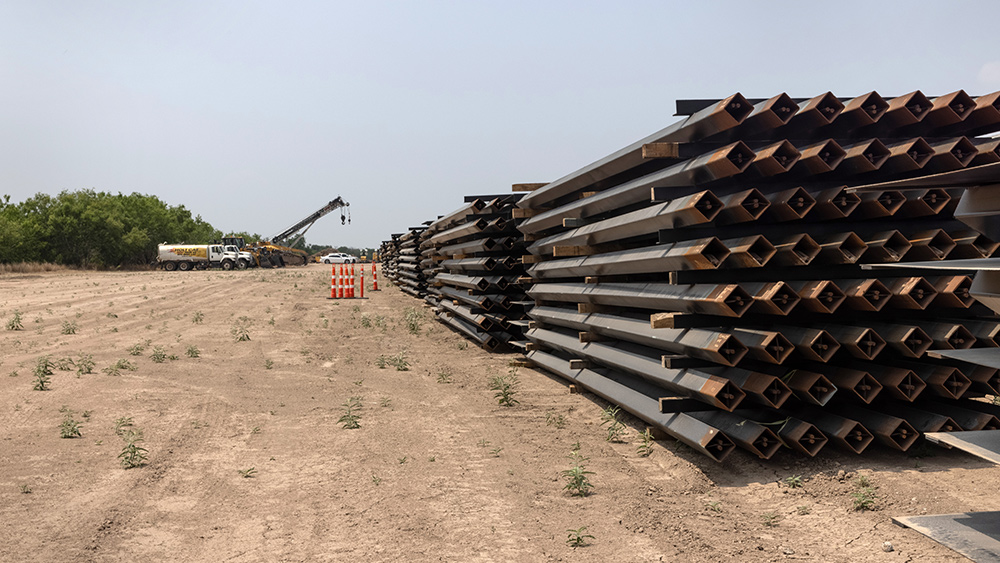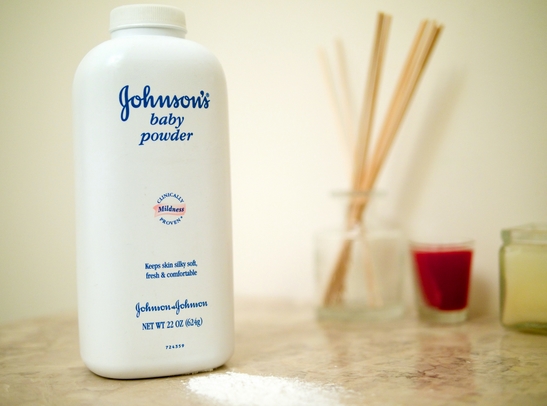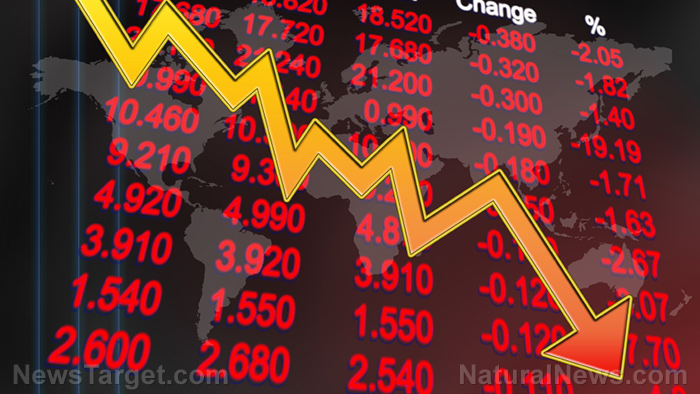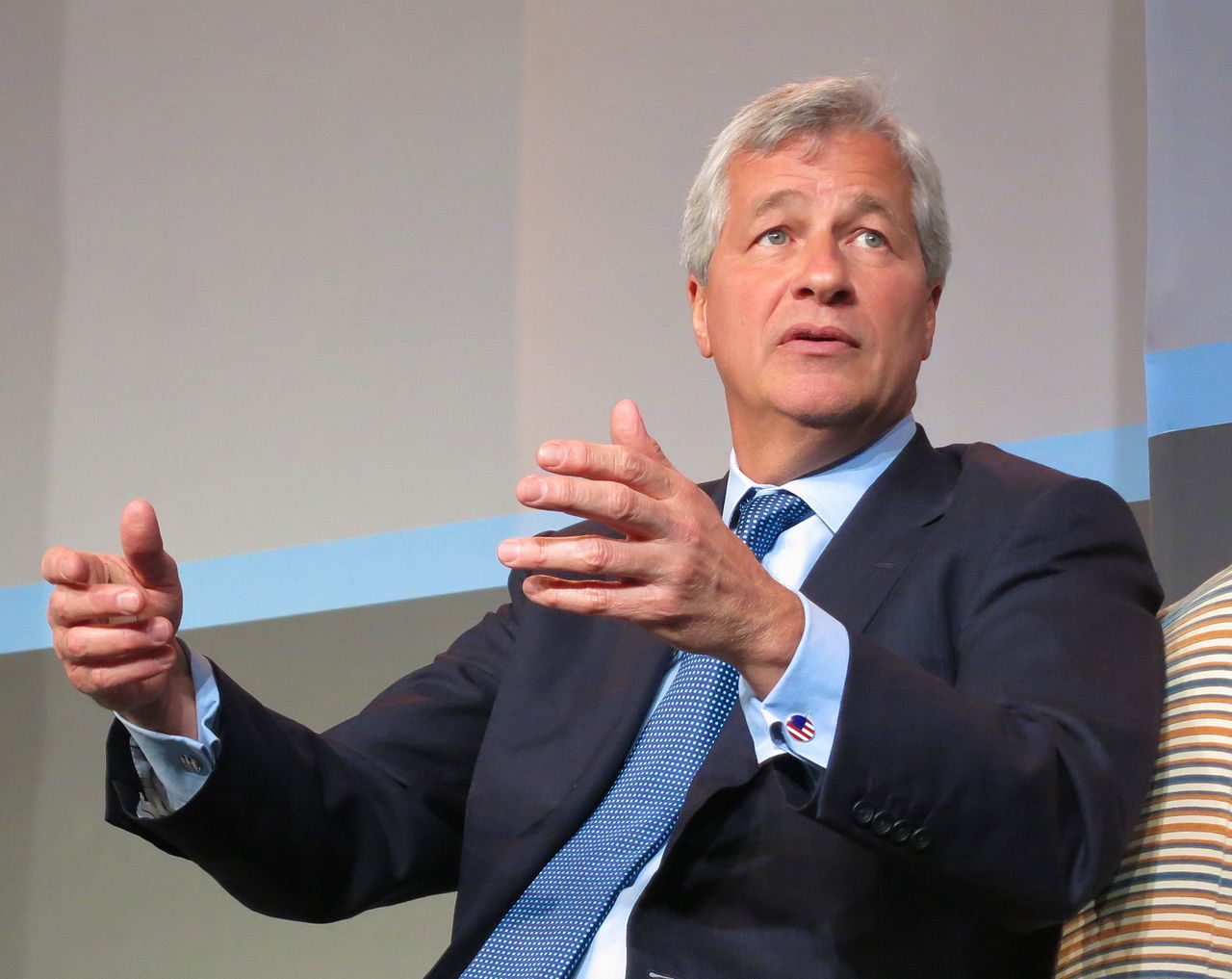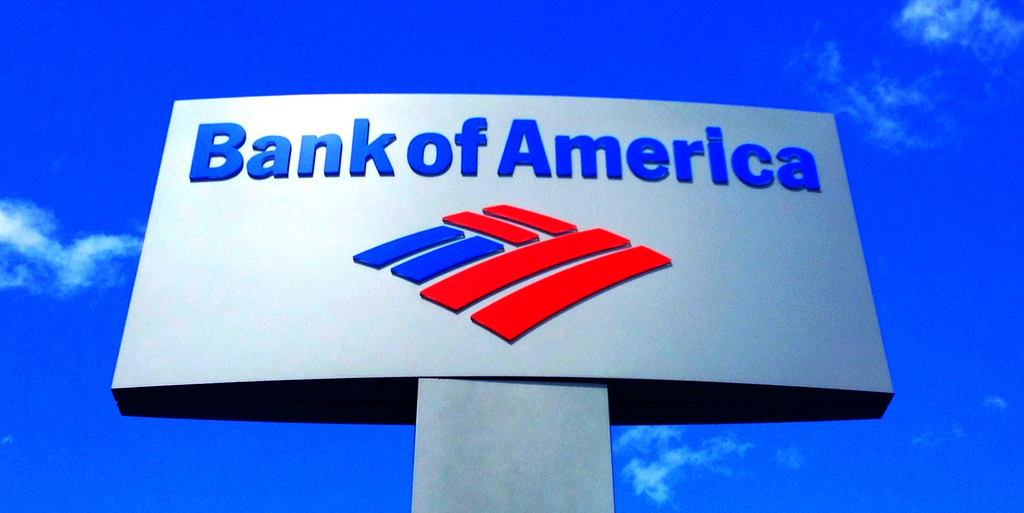Fed interest rate hikes lead to rising fears of mortgage debt defaults, real estate collapse and recession
10/21/2022 / By Arsenio Toledo
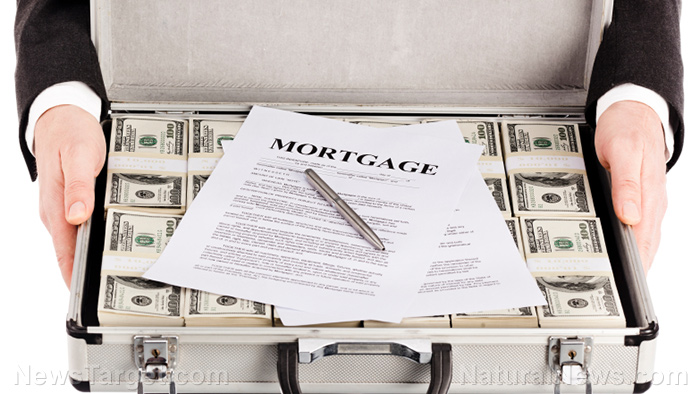
Fears are rising that the Federal Reserve’s relentless interest rate hikes could cause mortgage debts to default, prompting many investors to divest from their support for mortgage-backed securities.
These fears are combined with rising mortgage rates, which have already hit a two-decade high of 6.92 percent. With the decrease in affordability comes the heightened risk of defaulting, causing the real estate and mortgage industries to be one of the first corners of the gargantuan-but-fragile American economy to falter. (Related: Home buyers hesitate as US mortgage rates soar to 16-year high.)
“Housing has been at the forefront of the current malaise,” warned Paul Norris, head of structured products at investment management firm Conning. “I want to be able to go to the client and say, ‘I really believe in this asset class,’ but I can’t make that case yet.”
The prices of mortgage-backed securities are also dropping. Investors holding securities sold to them by government-supported enterprises Fannie Mae and Freddie Mac are now unloading them as prices drop to minimize their potential losses.
Fannie Mae and Freddie Mac are corporations that purchase the mortgage debts of other lenders, package them into securities and sell them to investors with the guarantee of repayment even if the underlying mortgage default. Their purpose is to shift the risk of mortgage defaults away from taxpayers.
Investors unloading the securities sold to them by Fannie Mae and Freddie Mac are a significant indicator of the fragility of the mortgage industry and the real estate market.
“Housing is undeniably worse going forward today than it was a year ago,” said Ben Hunsaker, a portfolio manager for Beach Point Capital Management.
England also worried about mortgage defaults
On Oct. 13, the Bank of England warned investors that the number of mortgage defaults in the United Kingdom will likely surge in the coming months.
The British central bank’s latest quarterly credit conditions survey found that the number of new mortgages given to households in the last three months ending in August has declined. The bank expects new mortgages to continue falling over the next three months to the end of November.
Like in the United States, mortgage rates in the U.K. have also shot up. The average two-year fixed mortgage hit a record high of 6.46 percent on the week the report was published, the highest it has been since the 2008 financial crisis. The average five-year fixed mortgage also hit a similarly high rate of 6.28 percent.
“We are at the end of the golden age for cheap mortgages and with further interest rate rises seemingly around the corner, homeownership is set to become more costly for many of those on the property ladder and those reaching the first rung,” warned Myron Jobson, a senior personal finance analyst for the online investment platform Interactive Investor.
The Bank of England’s survey showed that default rates on mortgages increased between July and September and are expected to rise even further from October until the end of the year.
“It is a worrying sign of finances being stretched and financial resilience being tested like never before among many of those relying on loans,” said Jobson.
Learn more about the state of the American economy at MarketCrash.news.
Watch financial expert Gregory Mannarino discuss the impending collapse of the real estate market.
This video is from the channel What Is Happening on Brighteon.com.
More related articles:
Redfin: House sales decline in Sun Belt as buyers back out due to hefty prices.
Luxury home sales suffer biggest decline in 10 years, real estate firm reports.
Home prices could crash by 20% next year, expert warns.
Sources include:
Submit a correction >>
Tagged Under:
Bank of England, Bubble, Collapse, debt bomb, debt collapse, economy, Federal Reserve, finance, financial crash, Inflation, market crash, money supply, mortgage debt, mortgage default, mortgages, Real Estate, risk, United Kingdom
This article may contain statements that reflect the opinion of the author
RECENT NEWS & ARTICLES
COPYRIGHT © 2017 BUBBLE NEWS




